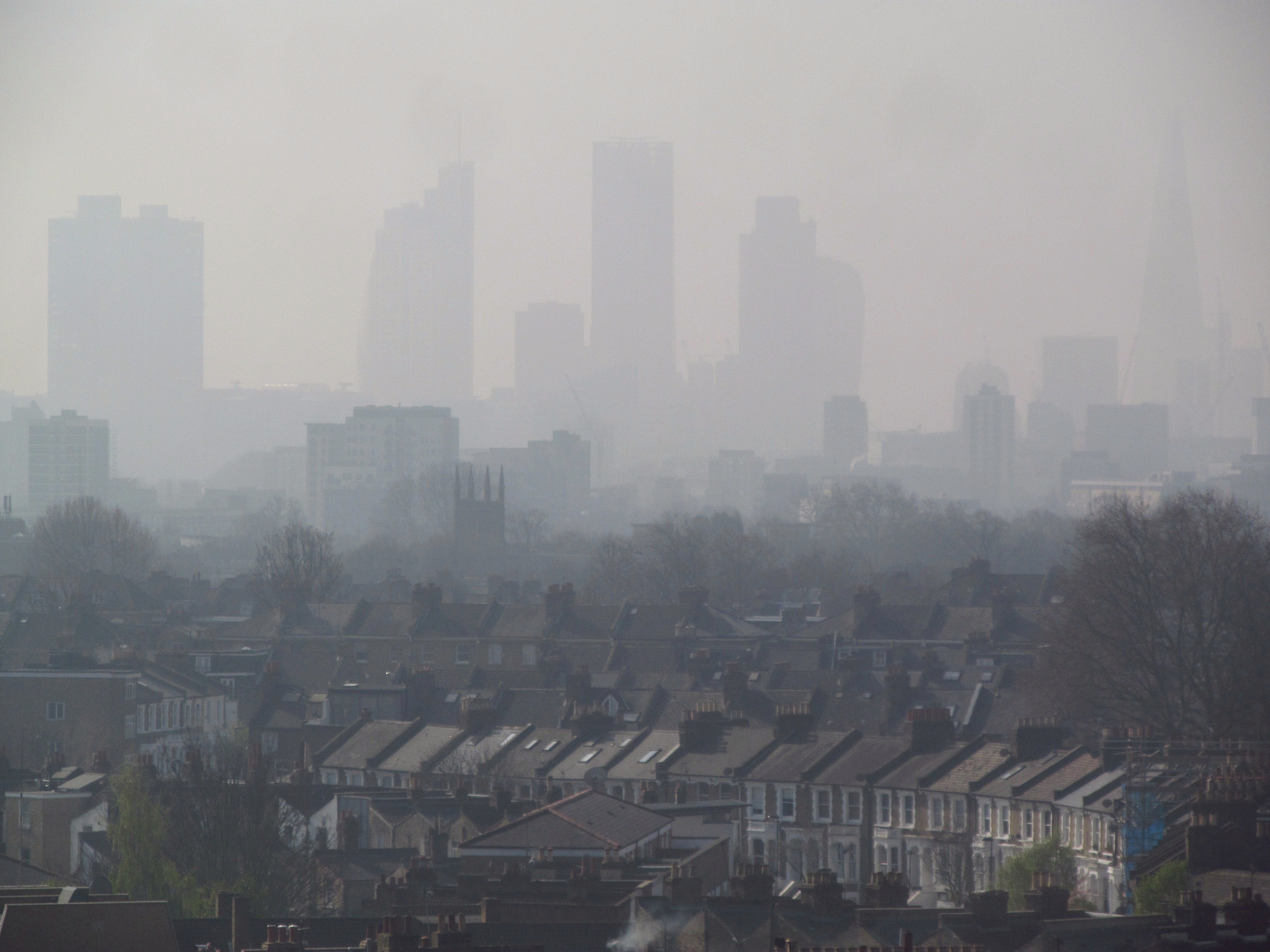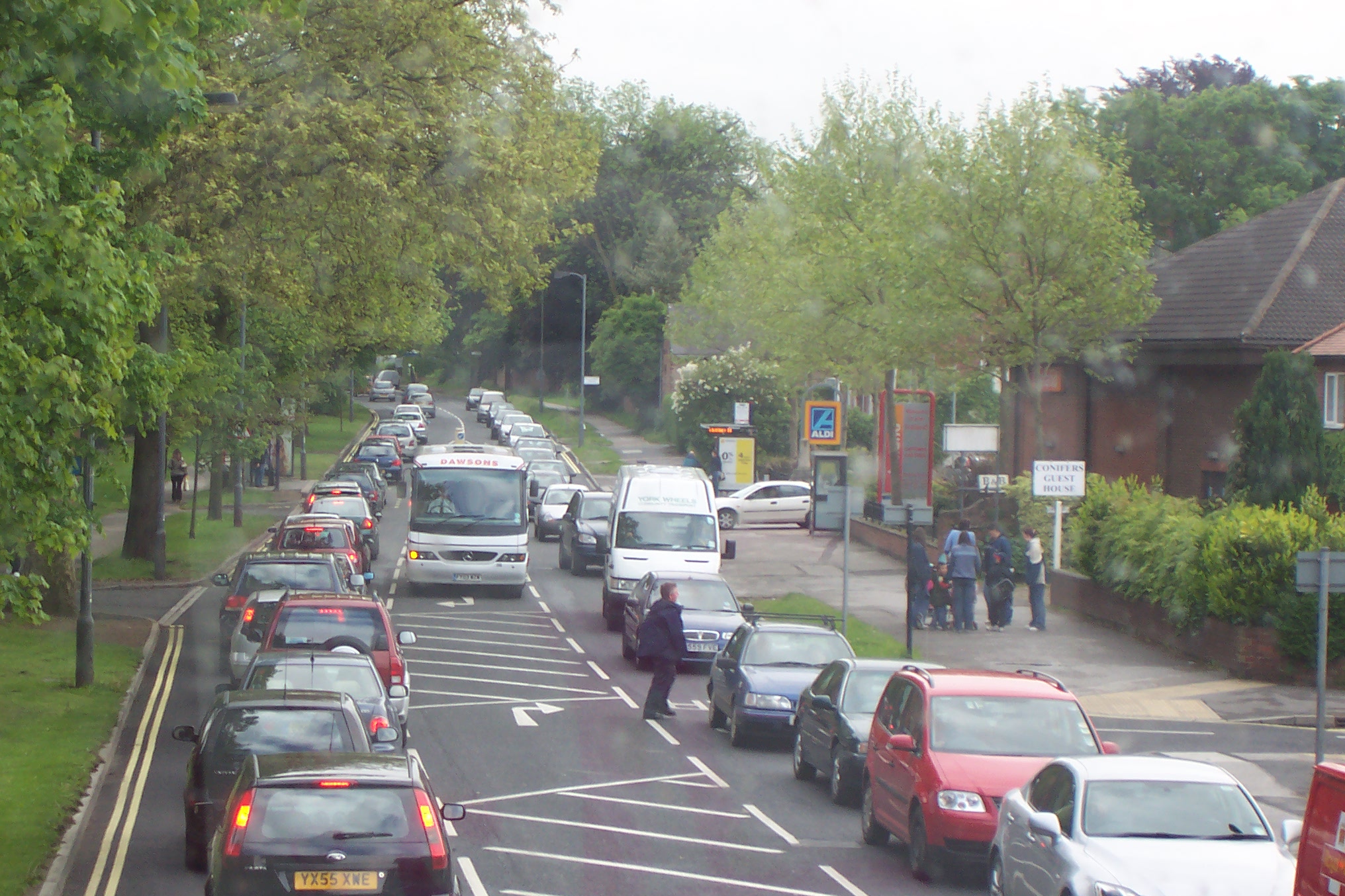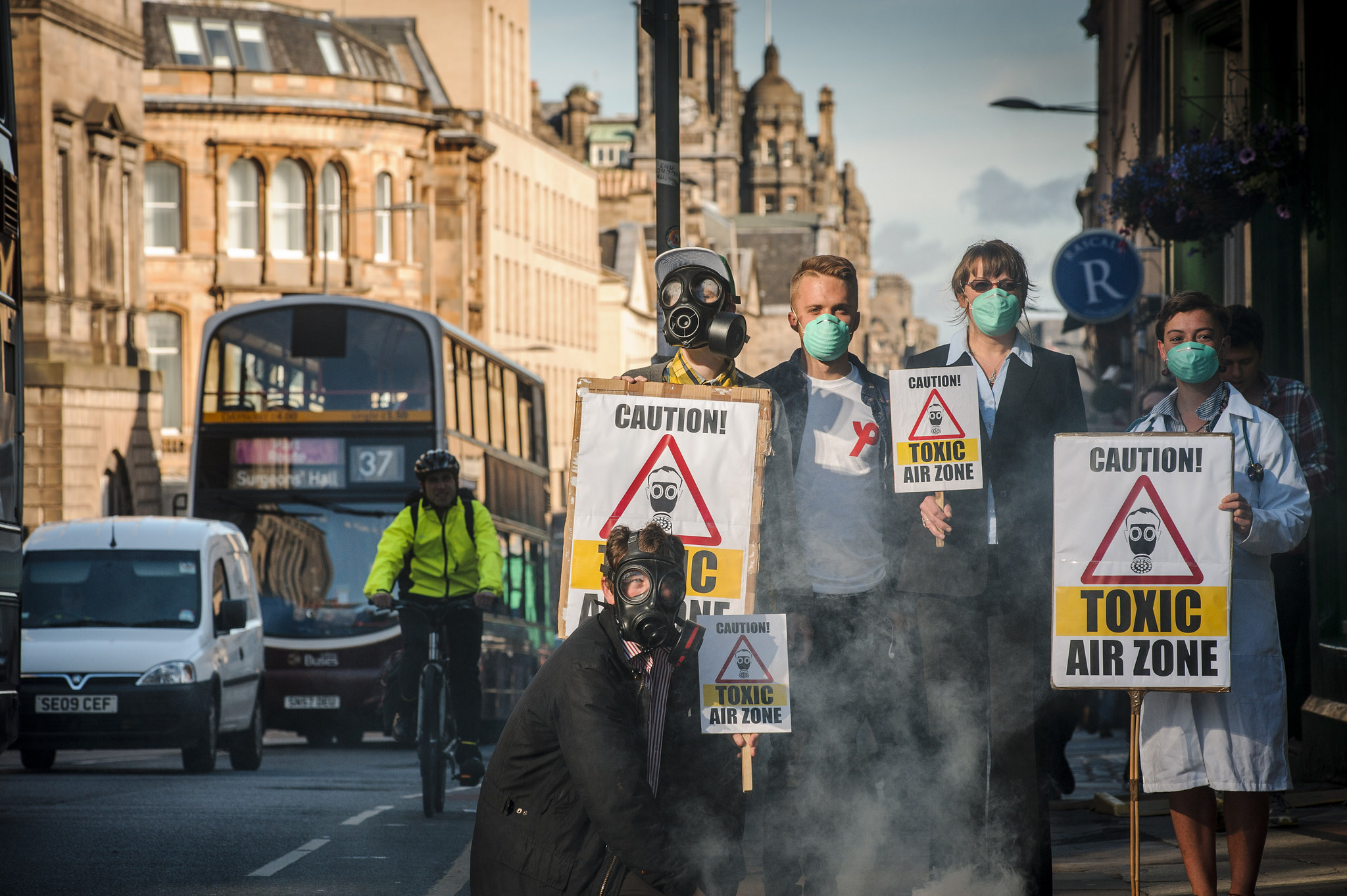Air pollution could increase the risk of suffering dementia, according to a new study published this week.
The research paper, published in BMJ Open, suggests that over 50s who breathe dirty air and nitrogen dioxide in the UK have a 40 per cent greater risk of developing dementia than over 50s in areas with the lowest levels of air pollution.
Iain Carey, a senior lecturer of epidemiology in the Population Health Research Institute at St. George’s University of London, and lead author of the paper, said, “While the findings need to be treated with caution, the study is an important addition to the growing evidence for a possible link between traffic pollution and dementia.”
Frank Kelly, professor of environmental health at King’s College London, and one of the authors of the paper, told the Guardian: “I believe that we now have sufficient knowledge to add air pollution to the list of risk factors for dementia.”
The World Health Organisation estimates there are 50 million people worldwide living with dementia and ranks it as the seventh highest cause of death.
The Alzheimer’s Society notes there are 850,000 people with dementia in the UK, with numbers set to rise to over one million by 2025 and two million by 2051.
European Union Compels UK to Act on Cleaning Up Air
 Air pollution in London Credit: David Holt, Flickr
Air pollution in London Credit: David Holt, Flickr
There is no explicit right to clean in UK law, but the UK has ratified the International Covenant on Economic, Social and Cultural Rights, and Article 12 stipulates that states must ensure, “the right of everyone to the enjoyment of the highest attainable standard of physical and mental health.”
The International Covenant on Economic, Social and Cultural Rights is not incorporated into UK law, so courts are unable to enforce this right.
However, in 2014, a landmark ruling in the European Court of Justice forced the UK government to act on cleaning up polluted air, with the Air Quality Directive establishing legal limits for ‘certain pollutants in ambient air.’
In January 2018, the UK was warned by the European Commission that its failure to tackle clean air swiftly could result in a multi-million pound fine because nitrogen dioxide levels have exceeded legal limits in urban areas since 2010.
The UN’s Special Rapporteur on Toxic Waste and Human Rights, Basket Tuncak, has also taken the UK government to task for failing to protect its citizens from illegal air pollution.
In September 2017, he said, “I am alarmed that despite repeated judicial instruction, the UK government continues to flout its duty to ensure adequate air quality and protect the rights to life and health of its citizens. It has violated its obligations.”
Combating Poor Air Quality
 No idling zones have been suggestion to reduce air pollution in urban areas Credit: Andy D’Agorne, Flickr
No idling zones have been suggestion to reduce air pollution in urban areas Credit: Andy D’Agorne, Flickr
The National Institute for Health and Care Excellence has issued guidance to local councils to improve air quality and suggests introducing ‘no-idling’ zones to reduce road traffic pollution, which accounts for 64 per cent of air pollution.
The Green Party has tweeted its support for Car Free Day on Saturday September 22. “On #WorldCarFreeDay this Saturday, Greens will be standing up for cities where walking, cycling & clean public transport are given the right of way over polluting cars.”
As part of World Car Free Day, around 50 roads will be closed to traffic in London.
As the evidence mounts about the health impact of poor air quality, no idling zones and car free days in cities may become a feature of life in urban areas.







